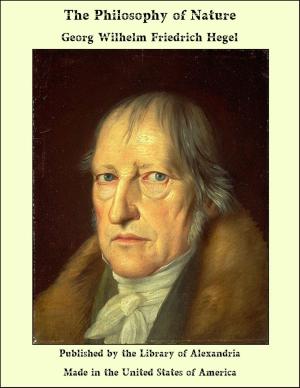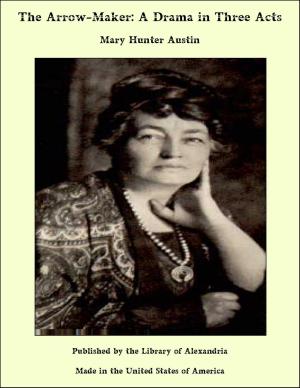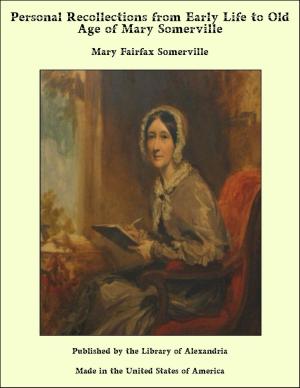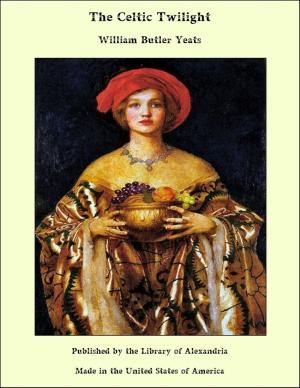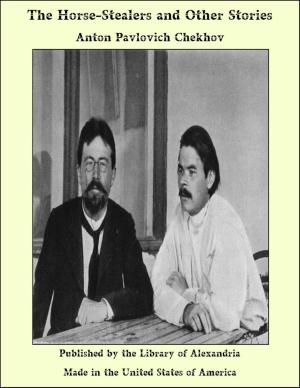| Author: | William Le Queux | ISBN: | 9781465595508 |
| Publisher: | Library of Alexandria | Publication: | March 8, 2015 |
| Imprint: | Language: | English |
| Author: | William Le Queux |
| ISBN: | 9781465595508 |
| Publisher: | Library of Alexandria |
| Publication: | March 8, 2015 |
| Imprint: | |
| Language: | English |
Very early on a July morning in 1919 Constable Brown was on his beat in Kensington, in the immediate neighbourhood of Cathcart Square. Cathcart Square was an old-fashioned backwater of this highly respectable suburb. It had not been built on any regular lines. Small, narrow houses nestled comfortably by the side of what might be called mansions. At the entrance to the Square itself, a narrow-fronted milk-shop stood next door to a palatial residence. The dairy was very old, and the Square, with its strange agglomeration of houses, had been built round it. Constable Brown, a tall, strapping young fellow, took his duties easily. He was quite contented with his lot, and not thirsting for promotion; he had no overweening sense of his own abilities. He was friendly with all the cooks on his beat, and from them he received very choice tit-bits. In his case, the policeman’s lot was a fairly happy one. The morning was a very bright one, a somewhat powerful summer sun had just risen, and flooded the streets with light. He had no need of his lantern, early in the morning as it was. He strolled slowly round the Square, turning observant eyes on all the houses. In his patrol, he met nobody. The busy world of commerce was not yet astir. Only from afar he heard the distant rumbling of market-carts on their way to Covent Garden, market-carts laden with fruit and vegetables. The Square was sleeping. In a few more hours it would wake to vigorous life. The dairy shop would take down its shutters, and show signs of animation. And when the dairy shop took down its shutters, Constable Brown would be relieved, and go home to enjoy his well-earned rest. All was quiet in the Square. Brown had patrolled it several times in his nightly vigil, and had discovered no signs of marauders.
Very early on a July morning in 1919 Constable Brown was on his beat in Kensington, in the immediate neighbourhood of Cathcart Square. Cathcart Square was an old-fashioned backwater of this highly respectable suburb. It had not been built on any regular lines. Small, narrow houses nestled comfortably by the side of what might be called mansions. At the entrance to the Square itself, a narrow-fronted milk-shop stood next door to a palatial residence. The dairy was very old, and the Square, with its strange agglomeration of houses, had been built round it. Constable Brown, a tall, strapping young fellow, took his duties easily. He was quite contented with his lot, and not thirsting for promotion; he had no overweening sense of his own abilities. He was friendly with all the cooks on his beat, and from them he received very choice tit-bits. In his case, the policeman’s lot was a fairly happy one. The morning was a very bright one, a somewhat powerful summer sun had just risen, and flooded the streets with light. He had no need of his lantern, early in the morning as it was. He strolled slowly round the Square, turning observant eyes on all the houses. In his patrol, he met nobody. The busy world of commerce was not yet astir. Only from afar he heard the distant rumbling of market-carts on their way to Covent Garden, market-carts laden with fruit and vegetables. The Square was sleeping. In a few more hours it would wake to vigorous life. The dairy shop would take down its shutters, and show signs of animation. And when the dairy shop took down its shutters, Constable Brown would be relieved, and go home to enjoy his well-earned rest. All was quiet in the Square. Brown had patrolled it several times in his nightly vigil, and had discovered no signs of marauders.


